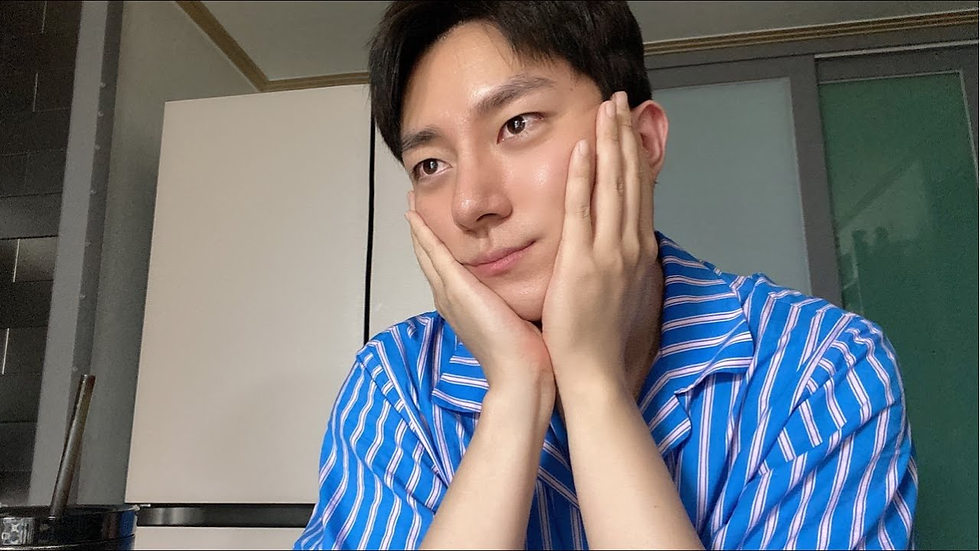YouTuber DDOLDDOL reveals that he followed the academic path which was decided by his parents exactly after learning that he was gay in 4th grade. We also dive into the contradicting views that "being gay" in South Korea's entertainment industry means!

This revelation, has moved many viewers as the story of growing up as a sexual minority in Korean society can be extremely hard, and as many people know it is a hot topic among many K-dramas and within the heart of Korean society and a political issue.
Hong Suk Chun is a right hand man for Kim DDOLDDOL and has been a popular gay celebrity in Korea for a number of years. During his time in the lime light he has broadcast MBCs Radio Star, which has been a huge success.
Coming out as gay in South Korea
In South Korea’s glitzy, highly manufactured music industry, these kinds of scenes are not uncommon. As long as it’s only for show, that is.
Homophobia is still rife in South Korea, where very few mainstream music stars have come out as gay. The country has no comprehensive anti-discrimination laws to protect LGBTQ South Koreans, and compared to nearby democracies like Japan and Taiwan, the country is less accepting of same-sex couples.
Despite all that, same-sex K-pop idols regularly play-act romance. On stage, they dance intimately with one another or gaze into each other’s eyes. In video clips, it’s not uncommon to see them playing games that result in them grazing lips, then dramatically recoiling to show that it was all just play.
What role does 'being gay' have in the Korean Entertainment industry?
With much of the fanfiction about same-sex romance, one of the country’s largest entertainment company, SM Entertainment, began encouraging its stars to take part in “skinship” – or touching a fellow band member, according to Kwon. It was a different approach from the West, where bands like One Direction have strenuously denied fan theories of in-band romance.
Even now, K-pop labels sometimes cultivate idols’ homoerotic appeal in the hopes that it makes them more popular in fanfiction, where Kwon estimates 80% of stories involve gay story lines. That, in turn, can increase their profile – and translate into economic benefits.
This is some of the ways that mainstream media are trying to accept being gay in Korean culture, however there is a long way to go, with many Christian and other religious group having such as big influence in government and society. Will this change as more popular Korean celebrities open up about their sexuality?
Let us know your thoughts on this essay in the comments below.

Comentarios